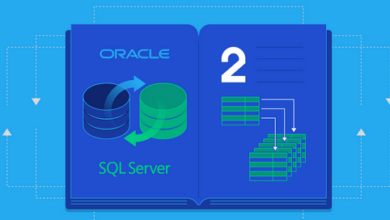Tips for Early Retirement
For many people, the prospect of working for decades only to retire when they reach their 60s or 70s does not sound appealing. Others would like to keep on working well into their senior years but by choice and not necessity. Whether you want to travel the world, devote yourself to a volunteer project, or simply answer to no one but yourself, retiring early is feasible, but you need to be focused and goal-oriented to do so successfully.
Articulate Your Plan
What do you see yourself doing when you retire? Your approach to early retirement will vary depending on the type of lifestyle you plan, and it’s also good to simply have a plan to work toward besides just not having to work any longer. Your plans may change over the years, and that’s fine. For now, however, you should define your ideal retirement so you have a sense of what you are working toward.
Pay off Debts
It goes without saying that you should pay off any credit card and other high-interest debts and avoid taking on additional debt. You should pay off your student loans as quickly as possible as well. Refinancing can lower your interest rate, and you can use a calculator to determine what the savings would be if you combine several student loans and refinance with a private lender. You should begin paying down this and other debts aggressively. The one possible exception is your mortgage. First, you should consider whether you could make more money from investing the money you would put toward paying off the mortgage early versus what you would save on interest. Second, you should consider the psychological effects. For some people, knowing they own their home free and clear is worth it even if it is not the savviest financial decision.
Invest Properly
First, you should contribute as much as you are able to your retirement accounts although you should be aware that there are penalties for early withdrawal in some cases. Next, you should invest money on top of this. Many people like index funds because they are relatively low risk, but if you are young, you could also afford to take some bigger risks as you will have plenty of time to recover. You should choose your investment based on sound financial advice and your tolerance for risk.
Know Your Financial Goals
People are living active, healthy lives for longer, and even those who retire at 65 may have two or three decades ahead of them. This means that if you retire at 40 or 50, you might have a good 40 or 50 years ahead of you. It can be hard to calculate this far in advance, especially when you don’t know what will happen with inflation or how a downturn in the economy might affect your investments. Working with a financial planner can be helpful, and you may want to work toward having several sources of passive income. In the meantime, while you are still working, you should stick to a budget and work toward increasing your income.




